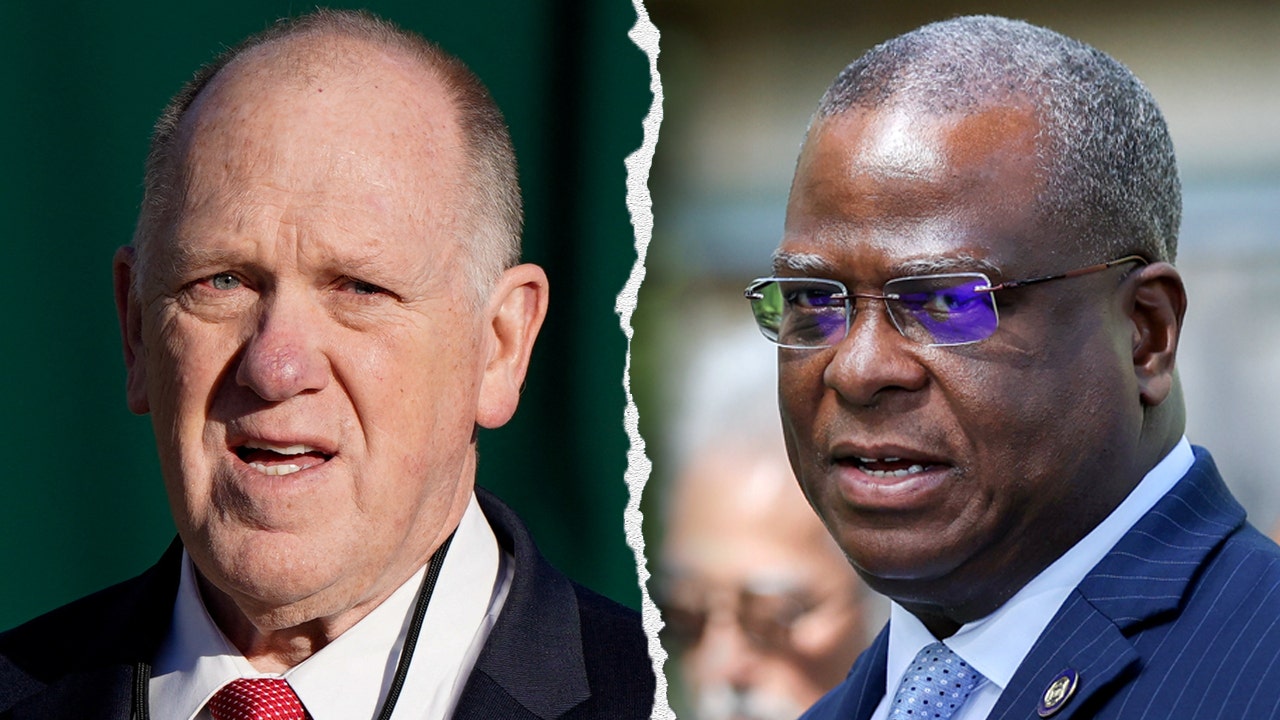Boston police commissioner doubles down on ICE resistance: ‘We don’t enforce’ detainers

Boston Police Commissioner Michael Cox, who was appointed by Mayor Michelle Wu, recently made a bold statement on a local news station regarding the city’s stance on federal immigration detainers. Cox emphasized that Boston police officers do not enforce civil immigration detainers filed by ICE, in accordance with both state and city laws.
During an appearance on WCVB’s “On the Record” show, Cox reiterated that the Boston Police Department does not have the authority to enforce federal immigration law. He pointed to the Boston “Trust Act,” passed in 2014, and a 2017 Massachusetts Supreme Judicial Court ruling known as Lunn vs. Commonwealth, which both limit law enforcement cooperation with ICE detainer requests.
In response to concerns about public safety, Cox emphasized that the department’s priority is holding individuals accountable for criminal activities, regardless of their immigration status. He stressed that Boston police do not inquire about immigration status when interacting with residents, focusing instead on addressing criminal behavior.
Despite criticism from the Trump administration and ICE, Cox remained steadfast in the department’s commitment to upholding Boston and Massachusetts laws. He clarified that while the department does not enforce civil immigration detainers, they will comply with criminal warrants.
In light of potential repercussions, such as the loss of federal funding, Cox expressed confidence in the city’s ability to navigate these challenges. He highlighted the importance of federal partnerships in maintaining public safety but underscored the city’s autonomy in budgetary decisions.
Overall, Cox’s statements reflect Boston’s unwavering commitment to protecting all residents and upholding state and city laws. By prioritizing public safety and maintaining a clear stance on immigration enforcement, the Boston Police Department continues to navigate complex legal and political landscapes to ensure the well-being of the community.




